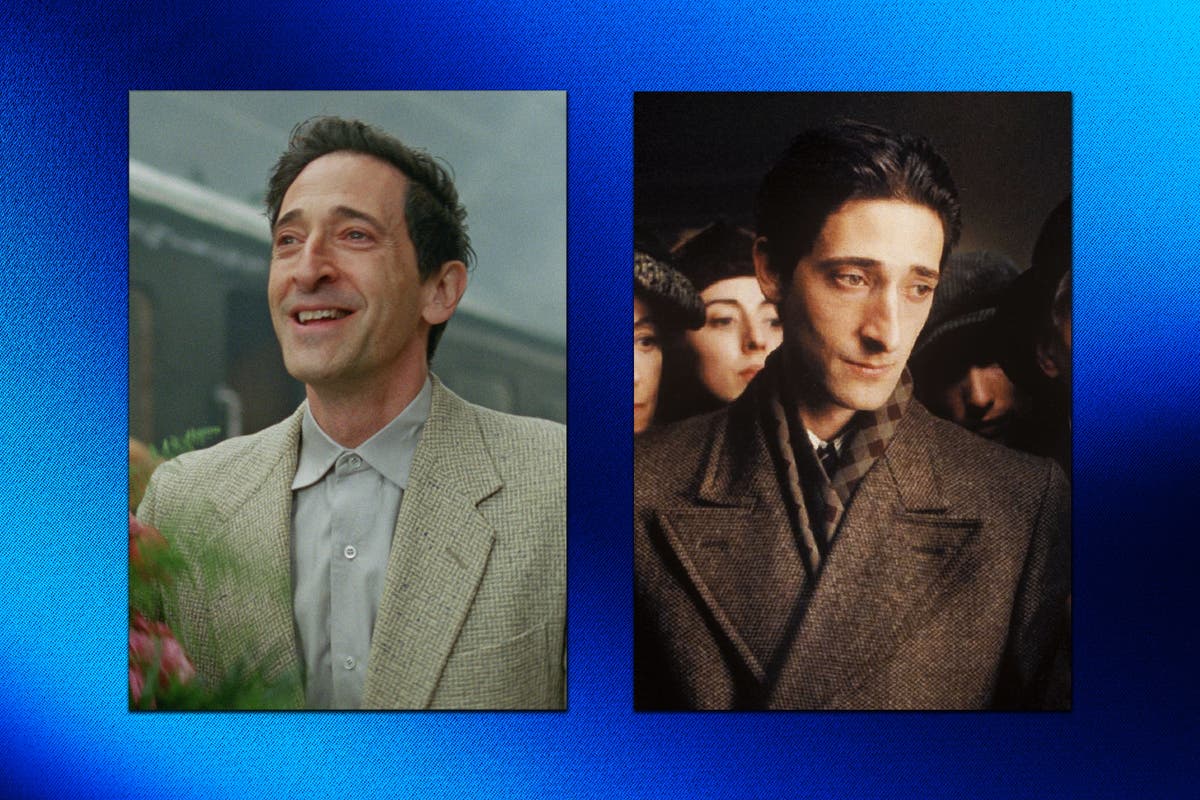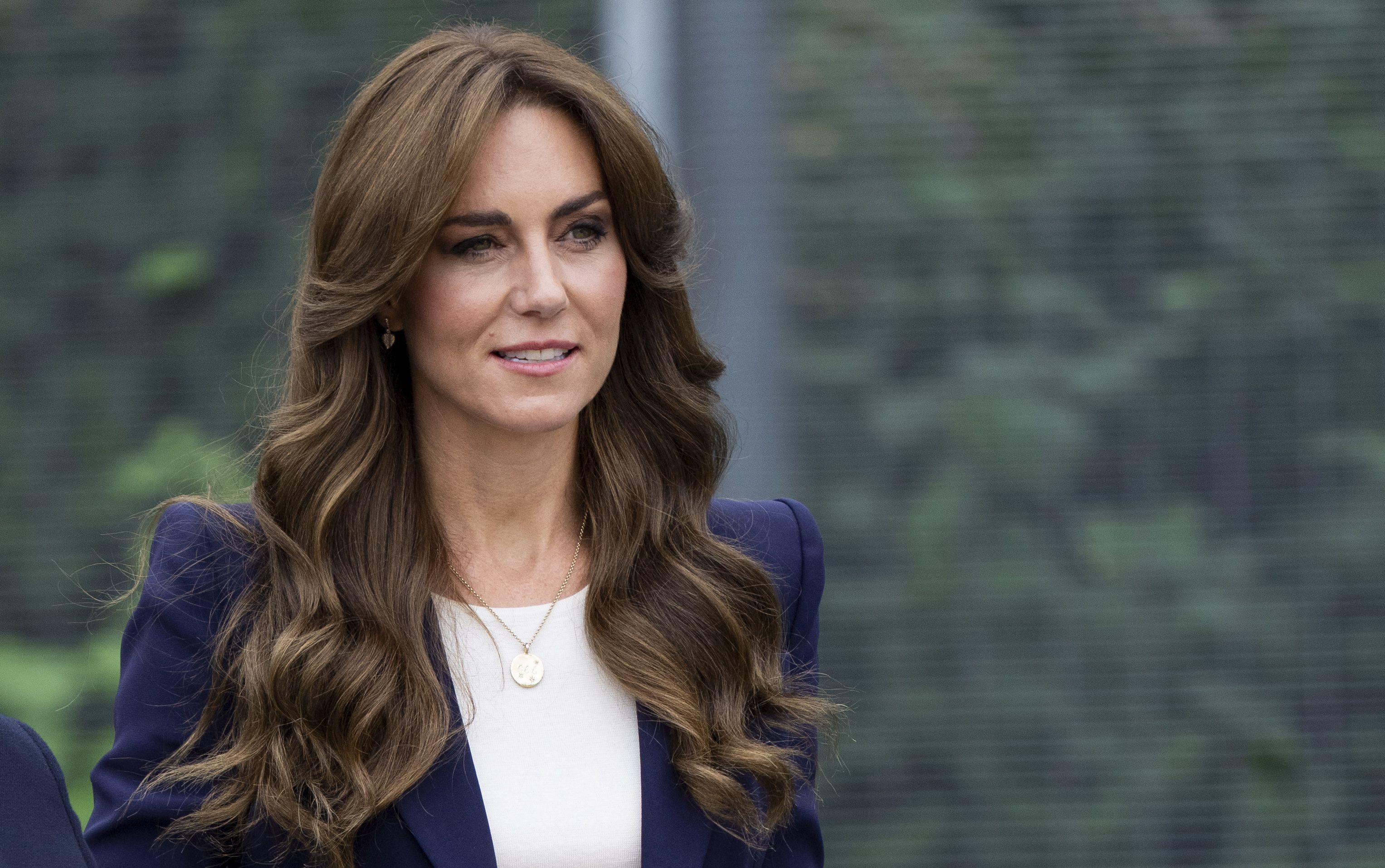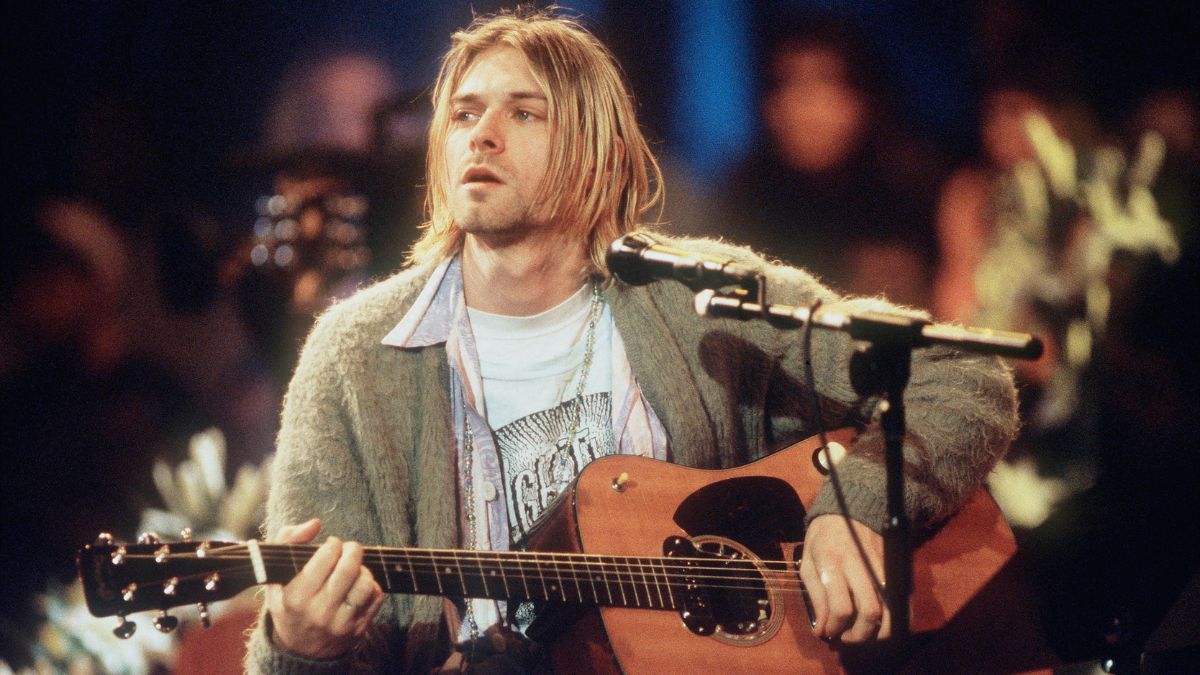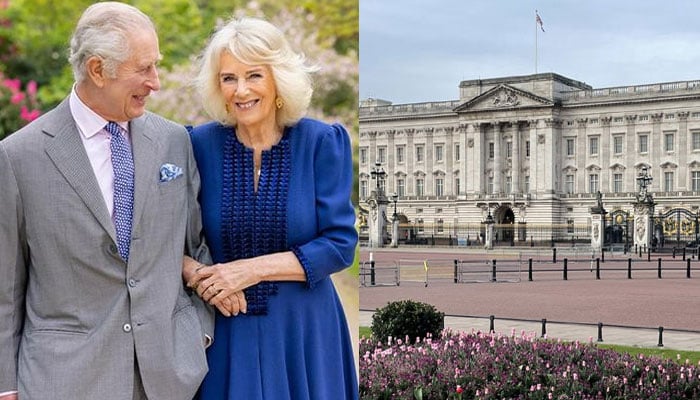W hat might be the most significant feat of The Brutalist – and it is a film of several sizeable ones – is that it has reminded Hollywood just how good an actor Adrien Brody can be. More than this, though: it seems to have reminded Adrien Brody, too. The man who, 22 years ago, became the youngest ever recipient of the Best Actor Oscar (at 29) for his role in the bruising Holocaust drama The Pianist (2002) is now the frontrunner for a well-deserved second .
But in between these two peaks sit two decades of confounding eclecticism, a love-hate relationship with stardom that rendered Brody something of a forgotten man among cinema’s A-list. Perhaps the most curious aspect of Brody’s comeback is just how little transformation was involved. Often, actors reinvigorate their career with a pivot into the unfamiliar: Matthew McConaughey’s canny lurch towards dramatic substance, for instance, or Liam Neeson’s late-Noughties reinvention as a gnarly stalwart of thrillers.

The Brutalist , meanwhile, seems to be exactly the sort of role that you might always have imagined for Brody: a difficult, troubled man in a sweeping and serious drama . In the film, directed by Vox Lux ’s Brady Corbet, he is László Tóth, an accomplished architect who emigrates to America to escape the Holocaust and finds a life of hardship, exploitation, and addiction. Why, though, has it taken so long for Brody, now 51, to find a part like László Tóth? Why did he spend much of the preceding .

























